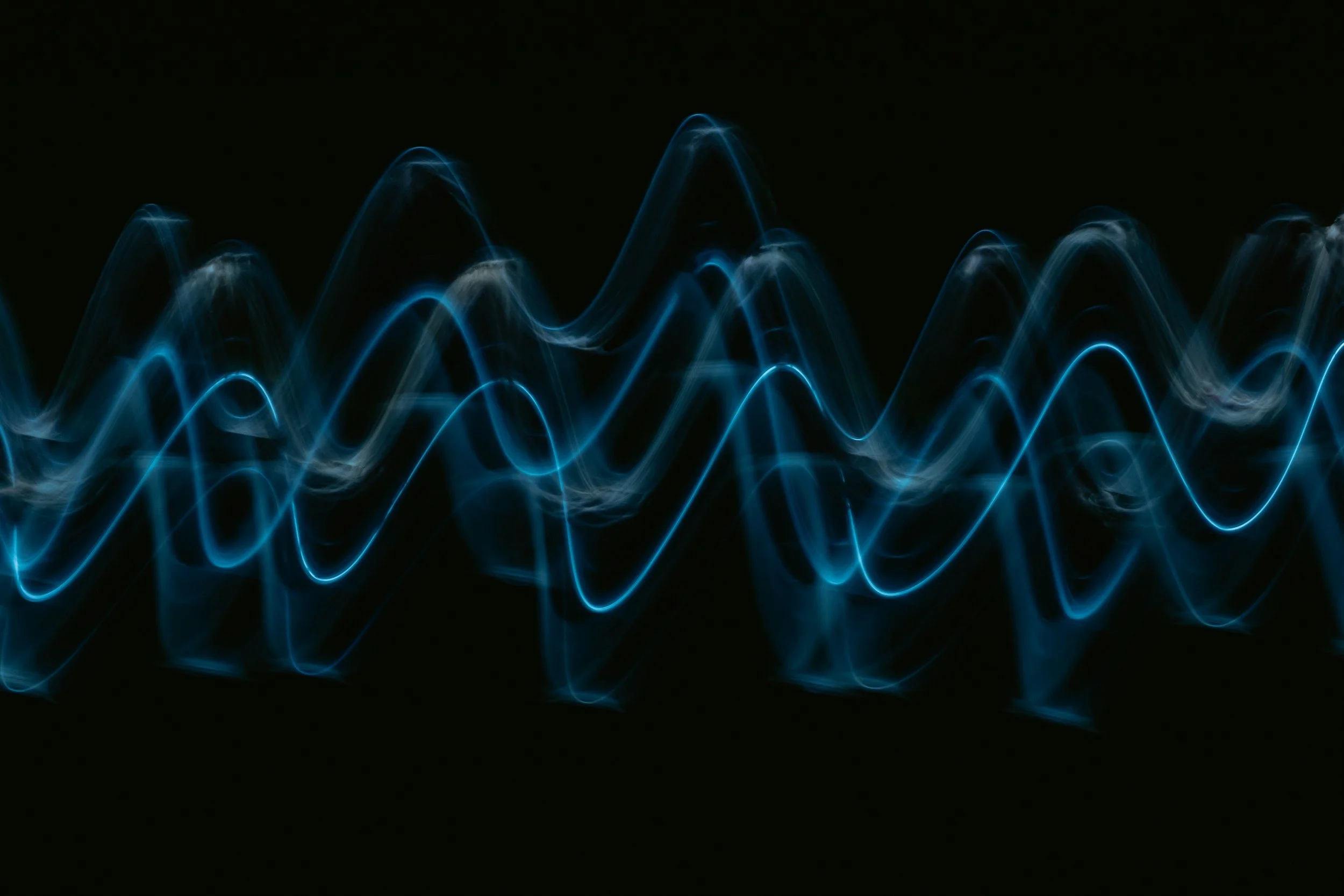Thinking for Yourself
“Whoso would be a man must be a nonconformist. He who would gather immortal palms must not be hindered by the name of goodness, but must explore if it be goodness. Nothing is at last sacred but the integrity of your own mind.”
Voices of Torah
Torah, as a concept, is the light that ultimately illuminates the world, but its form shifts from one house to another as it enters our world — couched in one unending breath at first (the hhh sound), the static background that we cannot hear, to the words that are audible and inform us.
Questions on the Jewish Future
If the primary inherited elements for imagining the Jewish future are assimilation, Zionism, autonomism and a retreat into (faux) traditionalism/messianism, can we make do? Or, do we need something else, or some new admixture of these existing ideas? (Judeo-Futurism?) What, if anything else, do we have at the ready?
Zealotry and Stability
This dualism in the priesthood's role, that of bloodshed on one hand and peace on the other, is not new in the Torah.
The Hebrew Verb System
The Hebrew system is called the Binyan system. The Binyan system takes the root and makes it into a fundamental “word” which then must be conjugated or shaped depending on its tense and gender into becoming a full-fledged word. Unlike the Mishkal system, the Binyan does not make you instantly understand this new word — it merely gives direction as to what it is becoming. Each Binyan dictates something that will happen to the root, but will not give definitive meaning to the root by its nature as a noun form would.
Jewish Autonomism
Dubnow was the leading exponent of Autonomism, an ideology opposed to both assimilation and political Zionism. He believed that the cultural Zionism of Ahad Ha’am was much more closely compatible with Autonomism, although he sparred with Ahad Ha’am in the press over the differences that remained between them.
Miracles and Nature
In his philosophical writings however, James made contributions in Epistemology by exploring the definition of truth. To James, an idea was true as long as it proved useful — hence, pragmatism.
The Public Sphere
“The public sphere, which once confronted the state with the principle of rational-critical debate, has lost its critical function. It has become a sphere of ‘public relations,’ in which large organizations—state and private—seek to manipulate public opinion rather than engage with it.”
The Burden of History
The narratives that appear to be closed and well mapped can play too much of a role in our understanding in the events of our own time.
Technologies of Self
Foucault tells us that while our identities are designed by our manipulation of things and manipulation of language, and while we are also products of the manipulation of the institutions that govern us, we also take an active role in shaping our own identities, by re-inventing and creating ourselves using different methods that have changed throughout history.
A Hasidic View of Lust
The Hebrew letters here tell us that we need our yearning for flesh brings with it the news of true life, life of breakdown and crises, life which we were meant to overcome — and every time we do, we might feel that we are a tiny step closer to the Divine.
Life in Downtown
The Jewish point of view is clear: there is no justification to attack the weak and the vulnerable. The Jewish point of view is clear: there is no justification to attack the weak and the vulnerable.
Vitality of New Jewish Ideas
The sense that Jews have ever lived in a situation where the texts that a Jew encountered would not require some kind of internal habit of cultural comparison, at least over the last 2000 years, seems unusual and uncommon: a kind of aphasia of the Jewish mind.
How We Define Religion
“If religion has given birth to all that is essential in society, it is because the idea of society is the soul of religion. As society progresses, the forms of religion change, but its essential functions remain.”
Selected Readings
“If the ancestors’ eyes what might we see, if their hands what might we touch, if their ears, what might we hear? Whakarongo ki te tai. E tangi haere ana. ‘Listen to the tide, lamenting as it flows on.’ Words radiate a ring path, skimming thin, slicing obsidian smooth – a face. Like the tohunga 'spiritual expert’ scanning the pools of Te Waiariki – have you ever tried to read water? Can you feel their thinking about movement, sound, rhythm, light, space, distance, surface and … silence?”
From Social Contract to Covenant
Our portion clearly states that the Israelite camp was made of distinct individuals who were very different from one another and deserved to maintain their individuality (with a placement, a role, banners, flags down to the names and number,) and individuality and identity were preserved.
רײַזע־בלאָגעס
עס שטעלט זיך די פֿראַגע, ״װאָס טוען די חסידים מיט דער אינטערנעץ?״ דער ענטפֿער: שאַפֿן דער אויפֿקום פֿון דער ייִדישער שפּראַך װאָס קען יאָ צונויפֿפֿלעכטן דעם מאָדערנעם אינהאַלט מיטן מאַמע־לשון.
The Wisdom of Letting Go
The Shmita is difficult. It is asking of us to let go of our livelihood, to risk our stomachs and our health and to have full trust in the Creator, trust which is beyond any logic or feeling that God will provide despite us letting go of work.
The Fluxus Movement
Much of what Fluxus did was ephemeral. What remains, along with books, are the artifacts.





















